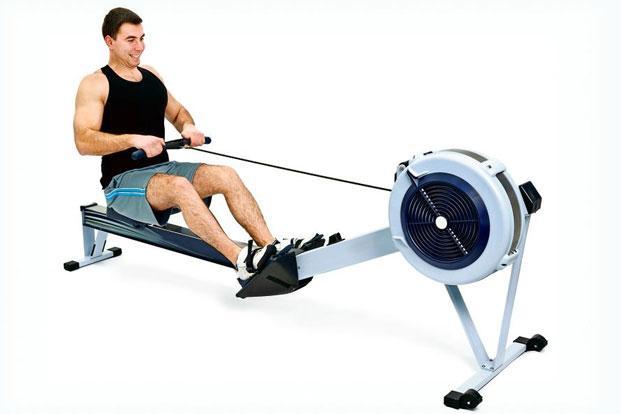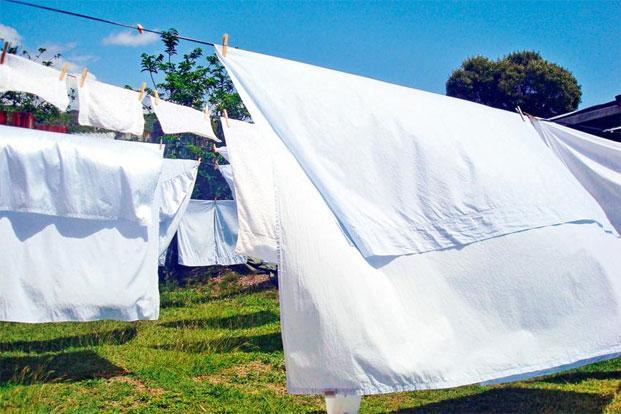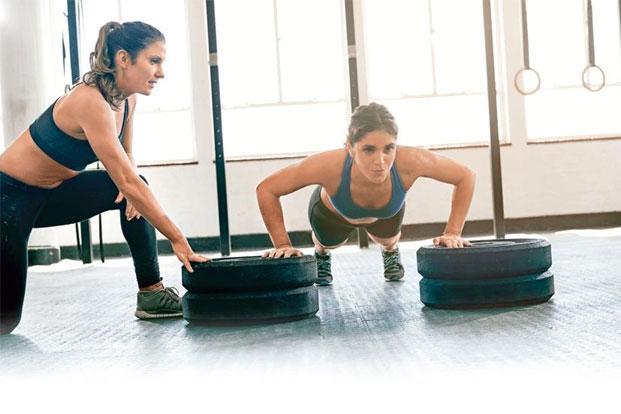Include colourful fruits and vegetables in your diet to maximize your nutrient intake
A salad of orange, watermelon and pear in summer. A side of beans, carrots, corn and broccoli. There’s something about three or more colours on a plate that immediately lifts one’s mood. But it’s more than that. “The more vibrant the colour, the more nutritious the vegetable or fruit,” says Mumbai-based dietitian and sports nutritionist Deepshikha Agarwal.
Foods get their colour from the phytochemicals present in them. “These phytochemicals are vitamins, minerals and antioxidants that are essential for the body, that are good for preventing and reducing the risk of various diseases,” she adds.
This visual cue, believes Suvarna Pathak, dietitian at Mumbai’s Nanavati Super Speciality Hospital, is also nature’s simple pointer to make sure you get different nutrients. “Everything that your body requires is colour- coded,” she says. Anthocyanin, which gives blueberries their colour, also keeps your mind sharp and defends your body with antioxidants, while the lycopene that gives watermelons and tomatoes their redness, protects against prostate and breast cancers and fights heart disease. Beta-carotene, which makes carrots orange, keeps the bones strong. The yellow colour in foods boosts liver, skin and eyesight health, green detoxifies, and purple, which is rich in folic acid and potassium, strengthens the muscular and circulatory systems.
Each colour adds a different nutrient, so the mantra is to keep your meals as colourful as possible. Pathak suggests choosing three colours for each of the five-six small meals in a day. “The rainbow diet will detoxify your body and build immunity and strong bones,” says Pathak.
But do remember that colourful refined or packaged items do not count. As far as possible, eat the vegetables and fruits either raw, boiled or cooked.
RED
Bite into the juicy red of a tomato, watermelon, pomegranate, strawberry or apricot to get some lycopene in your system. “Lycopene is one of the strongest antioxidants. It protects against prostate cancer, cardiovascular disease and damage from ultraviolet light exposure,” says Lovneet Batra, clinical nutritionist at Fortis La Femme in New Delhi. Anthocyanins, or the red pigment in fruits and vegetables, decreases the risk of muscular degeneration, stroke and certain types of cancer, says Divya Choudhary, nutritionist at Max Super Speciality Hospital in Shalimar Bagh, New Delhi.
Go for: Pomegranate, raspberries, red apples, cherries, red grapes, red pears, rhubarb, strawberries, beetroot, tomatoes, watermelon, red chilli peppers, red onion, red potatoes.
ORANGE
The phytochemicals responsible for the orange colour in fruits and vegetables such as carrots, mangoes or pumpkins are carotenoids, says Choudhary. “Carotenoids,” she says, “help maintain healthy mucous membranes and healthy eyes, as well as help reduce the risk of cancer and heart diseases, and also improve immune system function.”
Go for: Apricots, peach, oranges, kinnows, carrots, pumpkin.
YELLOW
Include a lot of yellow pepper, corn and saffron in your diet if you have weak eyesight, says Batra. “Foods like avocado, which have both yellow and green in it, contain zeaxanthin and lutein, which are very important for retina health,” she says. Other than improving your sight, yellow reduces age-related tissue degeneration and the risk of prostate cancer, and lowers LDL (bad) cholesterol and blood pressure. “Muscular strength, healthy bones and shining skin are what yellow gives,” says Pathak.
Go for: Papaya, lemons, mangoes, peach, pineapple, musk melon, figs, yellow tomatoes, corn, sweet potatoes, yellow beetroot.
GREEN
Greens are full of chlorophyll, folate and iron, making them perfect for someone who needs strength. “These are a must, especially during pregnancy and post-pregnancy,” says Agarwal. The compounds that give green vegetables their colour are called glucosinolates, “which are a large group of sulphur-containing amino acid derivatives that help in reducing the risk of certain cancers”, explains Batra. In addition, green leafy vegetables also contain high amounts of iron and folic acid, as well as vitamin C, which is a strong antioxidant and an anti-ageing vitamin. “Green vegetables are good for your eyes, bones and teeth, and also help in improving immunity,” says Choudhary.
Go for: Cucumber, avocado, celery, green apples, grapes, kiwi, spinach, coriander, mint, lettuce, leek, leafy greens, okra, peas, beans, capsicum, cabbage, cauliflower, asparagus, broccoli, Brussels sprouts.
BLUE AND PURPLE
The grape family of fruits, like berries, raspberries and cranberries, contains anthocyanins that reduce inflammation. “These and other nutrients like flavonoids, ellagic acid, quercetin, and lutein found in blue and purple foods support retinal health, lower LDL cholesterol, boost immune system activity, support healthy digestion and improve calcium and other mineral absorption,” says Pathak. Blue pigments in foods can also help reduce tumour growth and fight inflammation.
Complete article at livemint.com

























